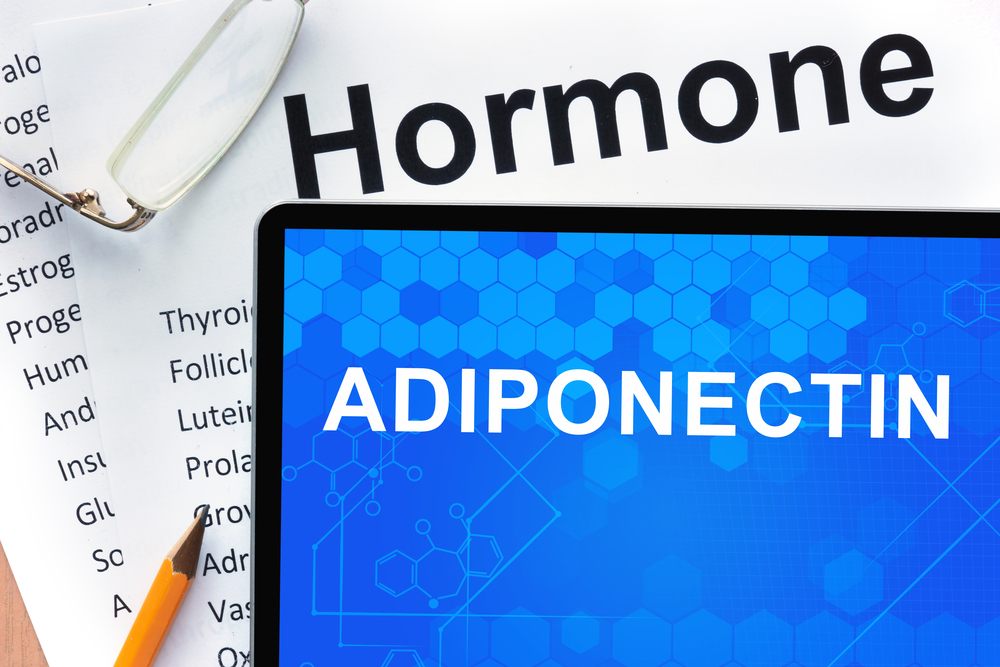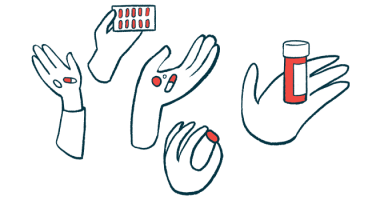Adiponectin as a Novel Agent for Duchenne Muscular Dystrophy Treatment
by |

Duchenne muscular dystrophy (DMD) is the most frequently inherited human myopathy and, as the name implies, is characterized by wasting of the muscles throughout the body. The disease is caused by a mutation of the dystrophin gene at the X chromosome and is characterized by muscle weakness of the voluntary muscles. The hips, pelvic area, thighs, shoulders and calves are usually the first affected areas. While both sexes can carry the mutation, females are rarely affected as they have two copies of the X chromosome – one of which is normal in healthy carriers – whereas males have only one.
Its pathophysiology is not fully understood and, as in most muscular dystrophies, there is a known need for better treatment options as no current cure or specific treatment exists. As such, management of affected patients involves corticoids and is directed to the complications of the disease, namely physical therapy for muscle weakness and non-invasive ventilation in case of respiratory problems. A new work titled “Involvement of adiponectin in the pathogenesis of dystrophinopathy” and published in the Skeletal Muscle journal might be the key to a novel approach to treatment of this and other muscular dystrophies.
A team of researchers from the Catholic University of Louvain, Belgium, looked at the relationship between the hormone adiponectin and DMD. Adiponectin is a hormone secreted by fat tissue whose main role is to regulate glucose levels and fatty acid breakdown. It is well known for its pathological role in metabolic syndrome and diabetes where its secretion is decreased, but it has also been shown to have anti-inflammatory effects on skeletal muscles exposed to acute or chronic inflammation.
Investigators led by Dr. Michel Abou-Samra investigated a mouse model of DMD and the effects of high expression of adiponectin hormone in muscle inflammation. They found that mice with DMD had lower circulating adiponectin levels when compared to controls and that replenishing adiponectin levels led to reduced muscle inflammation and oxidative stress, and enhanced the expression of muscle derived proteins. They also investigated the effects of adiponectin in human skeletal muscle cells in vitro, obtaining the same results.
The adverse effects of current therapies, including corticoid therapy, can be very burdensome as they are often associated with growth retardation and weight gain, risk of fracture, cataracts, behavioral disturbance and even hypertension an diabetes. Adiponectin might be a major candidate for therapy of DMD patients. Moreover, although its safety has only be shown in mice, this hormone seems to protect against obesity, hypertension and diabetes which are common side effects of corticoids.







